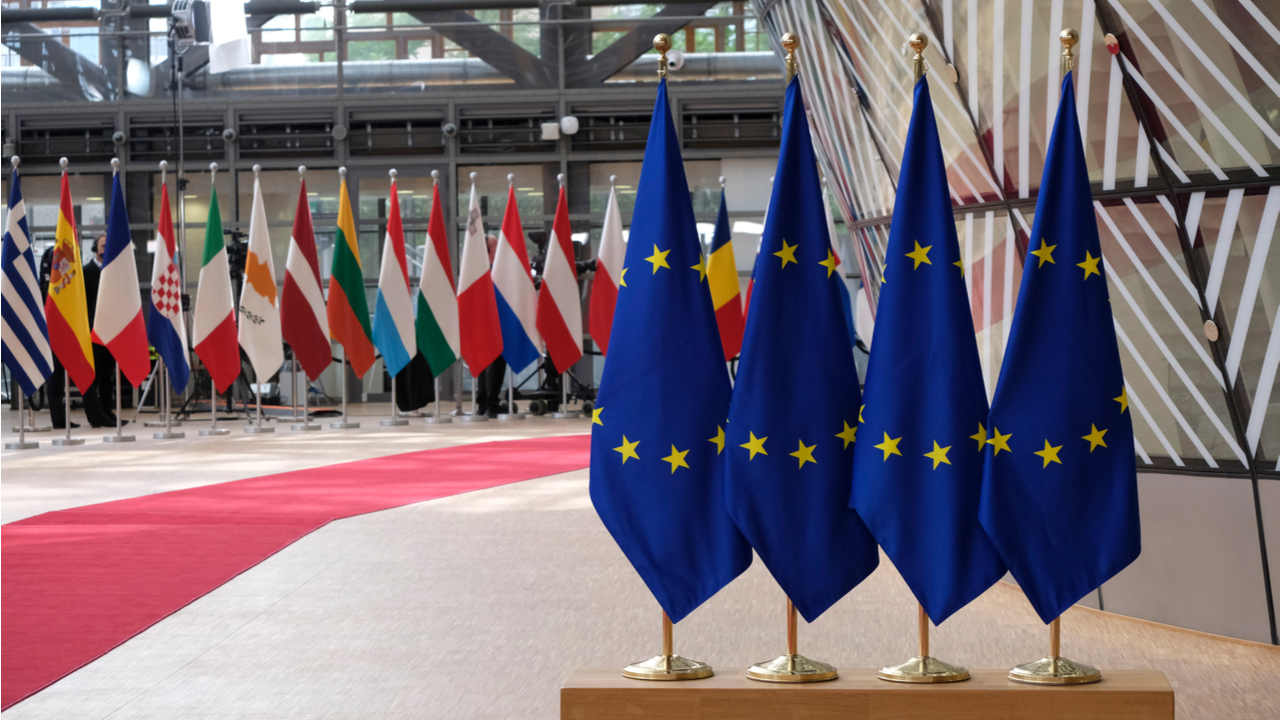
European institutions have reached an interim consensus on a set of EU regulations that will burden crypto companies with the obligation to help prevent money laundering, among other illicit activities potentially involving digital assets. The progress comes as the Union seeks to comprehensively regulate the continent’s cryptocurrency market.
EU Officials and Lawmakers Agree on AML Measures in Crypto Space
Negotiators representing the key participants in the EU’s decision-making process have reached an agreement on anti-money laundering (AML) rules that will require businesses in the crypto industry to verify the identities of their customers and report suspicious transactions. In the future, Europe’s Transfer of Funds Regulation (ToFR) will also cover cryptocurrency transactions.
The regulations are yet to be finalized and approved by the relevant European institutions but the provisional deal signals an upcoming tightening for the sector. Crypto firms will have to assist financial authorities in efforts to crack down on dirty money, the European Parliament and EU Council indicated on Wednesday.
The improved oversight should ensure that crypto assets can be traced just like traditional money transfers, Reuters reported, referring to a released official statement. Quoted by the news agency, Spanish Green Party lawmaker Ernest Urtasun, who took part in the process, elaborated:
The new rules will enable law enforcement officials to be able to link certain transfers to criminal activities and identify the real person behind those transactions.
The EU bodies further noted that the rules would also cover ‘unhosted‘ crypto wallets, a term used by European officials to designate wallets held by private individuals that are not managed by a licensed platform. That will apply to transactions with crypto service providers exceeding €1,000 in fiat value (around $1,040).
The proposals have not been met with enthusiasm by the crypto industry. In a letter addressed to the finance ministers of the 27 EU member states, sent in mid-April, businesses working with crypto assets urged European policymakers to ensure that their regulations did not go beyond the standards adopted by FATF, the global Financial Action Task Force (on Money Laundering).
On Thursday, the EU also seeks agreement on a broad framework designed to regulate crypto-related activities across the Union. Members of the European Parliament and representatives of the EU states need to align their positions on the new Markets in Crypto Assets (MiCA) legislative proposal, which is expected enter into force before the end of next year. Crypto companies will have 18 months after that to obtain a MiCA license to operate in the European Union.
What effect, do you think, will the upcoming EU regulations have on the crypto industry? Share your opinion in the comments section below.
from Bitcoin News https://ift.tt/B8sRNGh
Comments
Post a Comment